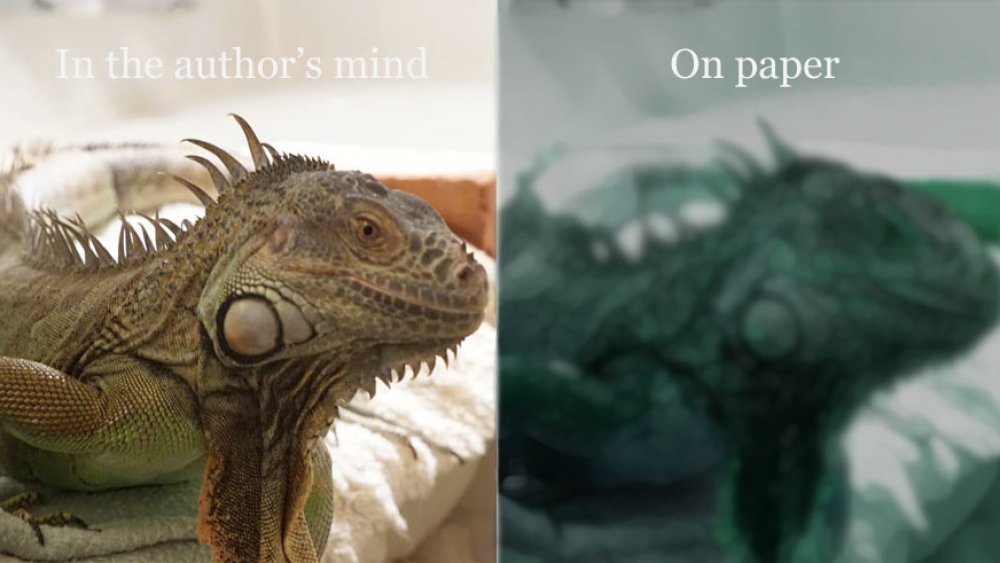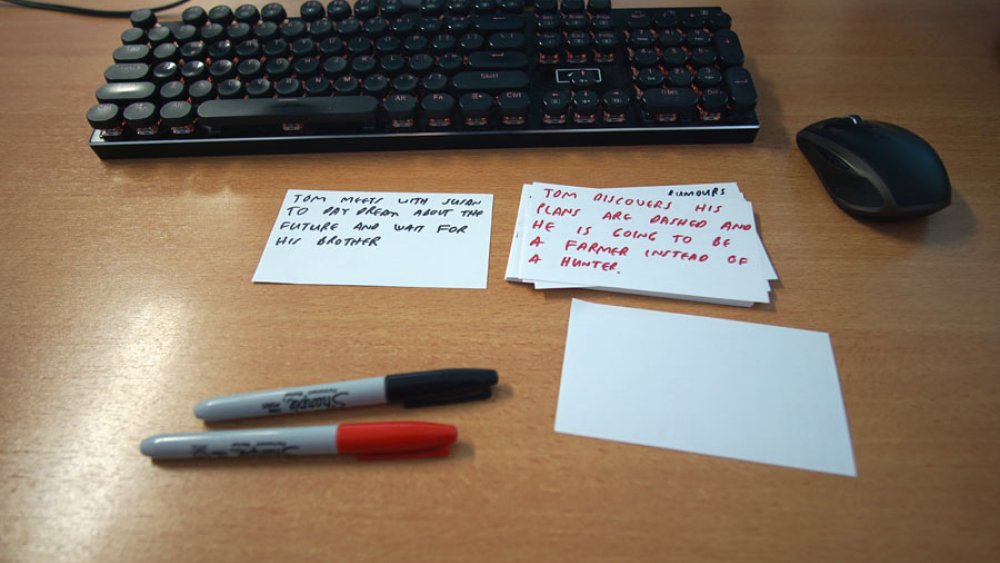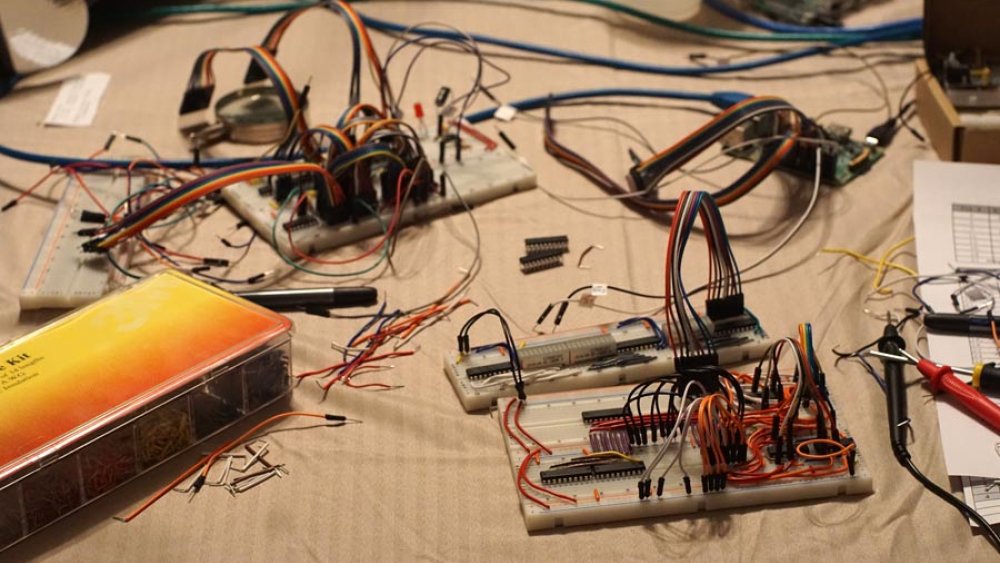June 2018
Daily Writing Prompts
First, some news and updates.
I will not have much time for blogging or working on my novels until early August so that this site will be inactive for most of July. I do have some plans for this time; however, and thought I would share them with you.
- I am starting to research book cover artists and will continue to look at the options through July. I do not have a title and will need a completed first draft to write the sales copy for a cover, so this is just research.
- I am starting to search for an artist for the interior of my first fiction novel. Illustrations are rare in adult fiction, but hey can add to the work if done correctly. I have a lot to learn in this regard, and it was not something I considered until just recently.
- I am reconsidering the target audience for my, as yet, untitled adventure series. I think adult fiction is a better market, but I want to write this series for older children (something in the 10-14 age range). I was always planning to write without swearing, sex scenes, or overly graphic violence, but the structure of the story would have to change. I'll think about this over July and make my decision.
- I am planning to write a blog post per week, outline a novel a month, and post a daily writing exercise for the next year!
I can create a rough outline in a day, so one detailed outline per month should be attainable. The daily writing exercises will be more difficult, but I am dedicated to doing them for the following reasons:
- It is important for an aspiring author to get into the habit of writing every day if they want to finish anything.
- Writing something that is not connected to the current project can help break writer's block and motivate the writer.
- Short random stories can be fun to write (this is how I started writing in elementary school).
- Writers get better with practice so doing any creative writing will help.
- Writers tend to be perfectionists, which can cause paralysis when the rough draft is terrible (and the rough draft is always terrible). Writing intentionally bad story fragments can help the writer get past their inner editor while working on drafts.
- The writer can always look back at old daily stories to look for inspiration for plot points, characters, dialogue, locations, etc. Just because these are terrible and unedited does not mean they are necessarily useless to the writer.
- Finally, writing and sharing these may help motivate another aspiring author to start some sort of daily writing exercises.
I hope to start the daily writing exercises by early August, so in about a month, and plan on limiting them to a range of 500 to 1000 words. I will write them in sprints, as quickly as possible and without any plan or development before I start, or editing after. I will edit them to correct obvious spelling errors before I post them to this site, but otherwise, they will be very rough story fragments, outlines, descriptions, partial scenes, etc.
Writing vs. Dreaming

I wanted to follow up on the topic of index cards this week. I spent years struggling to write effectively, and it usually started well and died after a few pages. Why did this happen? I felt like I had an amazing story in my head, but when it came time to put it on paper it was broken and terrible. I decided to try outlining my novels, but I invariably ended up getting stuck because the process was the same series of "what comes next?" that I struggled with when writing without an outline. I already tried to explain this in the previous post, but it is such an important concept I wanted to reiterate. Using index cards, I write down all of the "events" I want my story to have. It may be incomplete, some of the "events" may be chapters instead of scenes, some of them may be grouped to make one strong scene... but I get them written down and then I can start moving them around. The moving part is key because reordering two events can suggest new scenes or events between and around them.
I guess what I am saying in a very round-about way is we think we have these perfect stories in our heads, but they are more impressions of stories. We might have an interesting character or location or crisis, but that is more inspiration than content. Writing out the parts we know will help us to see gaps in the story, and having those pieces easy to move around helps us to write the best story. That's my experience so far, but I am writing my first novel, so your experience may be different.
Outlining using index cards

The writing process is something that everyone has to figure out for themselves. For me, as a computer professional by day, it turns out that handwritten index cards are the best way to flesh out a scene list or outline. Part of this may be age, but I spend so much time with computers that outlining manually with cards allows me be more creative. There is something "real" about physically writing on cards/
I thought I would describe my experience working with index cards, as I am starting my first novel and am excited to see how using index cards speeds my process.
I wrote out a scene list a few days ago, with four early scenes as follows:
- A visitor brings rumors of people mysteriously disappearing in other communities.
- The protagonist is on top of a tower in the evening and sees the lights of distant villages go out.
- The protagonist's father and community defenders travel west to investigate.
- One member of the expedition returns with horrible news, but no knowledge of what happened to the others.
The idea is that a problem is introduced and then quickly escalates to the point where the protagonist has to act. With a word processor, I have to think about what I want to do, how I want the story to flow, but with index cards, I can jumble things around quickly and repeatedly to see if something I did NOT think of stands out. I have reordered scenes numerous times and found some interesting combinations. The current order of the four scenes is:
- A visitor brings rumors of people mysteriously disappearing in other communities.
- The protagonist's father and community defenders travel west to investigate.
- The protagonist is on top of a tower in the evening and sees the lights of distant villages go out.
- One member of the expedition returns with some horrible news, but no knowledge of what happened to the others.
I love the extra tension that the scenes create in this order. Part of the creative process is changing order, and these scenes might end up as flashbacks later in the book or dropped entirely, but that is a subject for a different post.
Starting a novel

I have wanted to write for most of my life, starting with handwritten stories I shared with my elementary school friends. I joined NaNoWriMo in 2010 and successfully wrote 50k words once in 2013. While this was a great experience and led me to the decision to write seriously, it showed me how difficult writing could be given our busy lives. To that end, I have given myself some deadlines, which I will discuss in later posts.
What I want to discuss today is planning. When I made my NaNoWriMo attempts, I wrote without outlines and quickly ran into issues where I was unsure were to take the story. I was doomed before I started. Now, I do not want to say that everyone needs to outline, but for me, I need to have a plan, or my story meanders into dead ends that require rewrites to fix.
I am currently pre-outlining a bunch of books; in fact, I am pre-outlining everything I can think of. Space Opera, Zombie Apocalypse, Post-Apocalypse Horror, High Fantasy. I want to get all of it written down in synopsis form. I will then pick a few appear fun to develop, and I will go ahead and outline them in full. Outlining will be discussed in later posts, but basically, I will write a sentence for each of the main scenes, then I will work on filling the story between them. At some point, I will have enough story, character, and world to write the full outline. The full outline will be my guide for writing quickly and efficiently, but it will not be used to limit the story if I think of new events or characters while writing the first draft.
